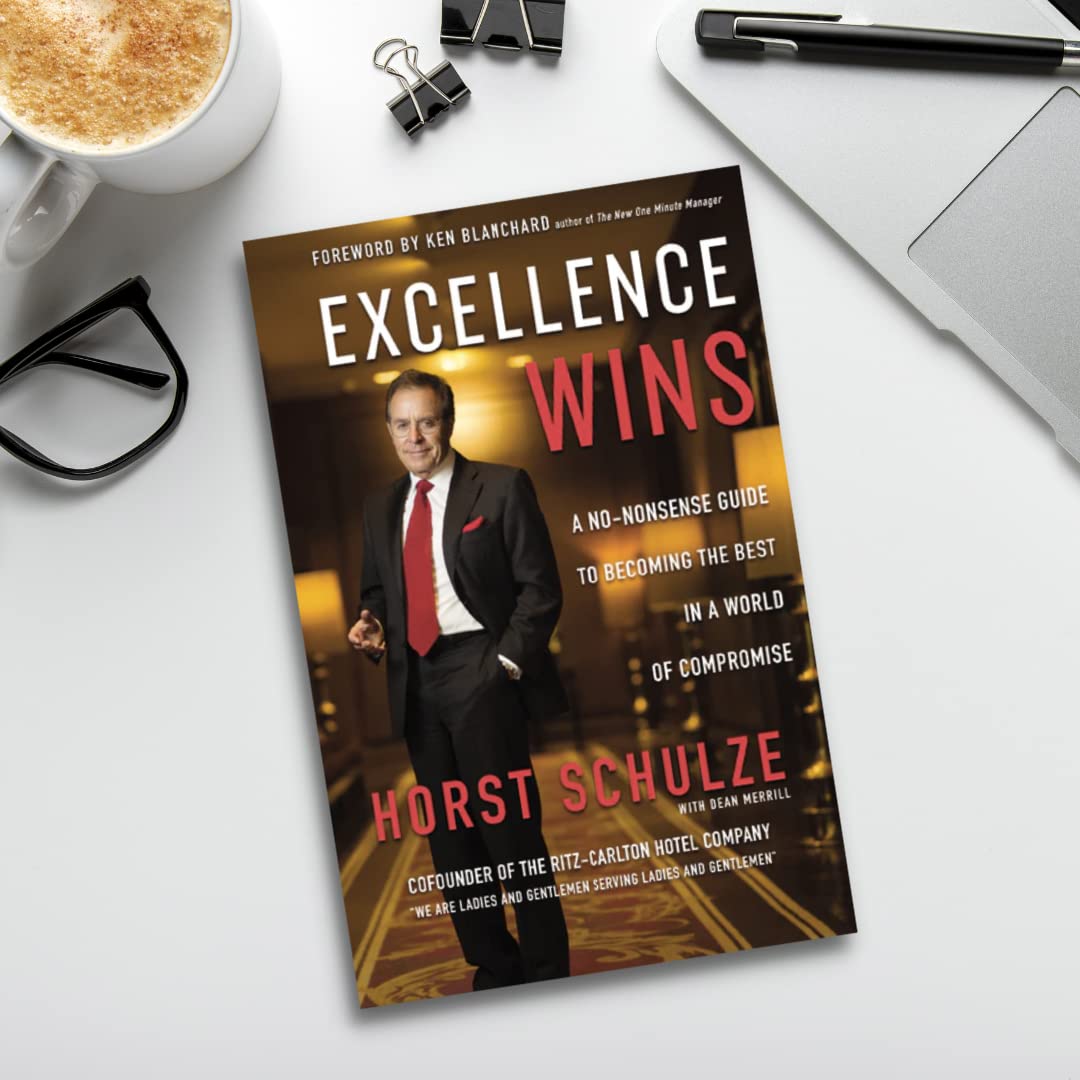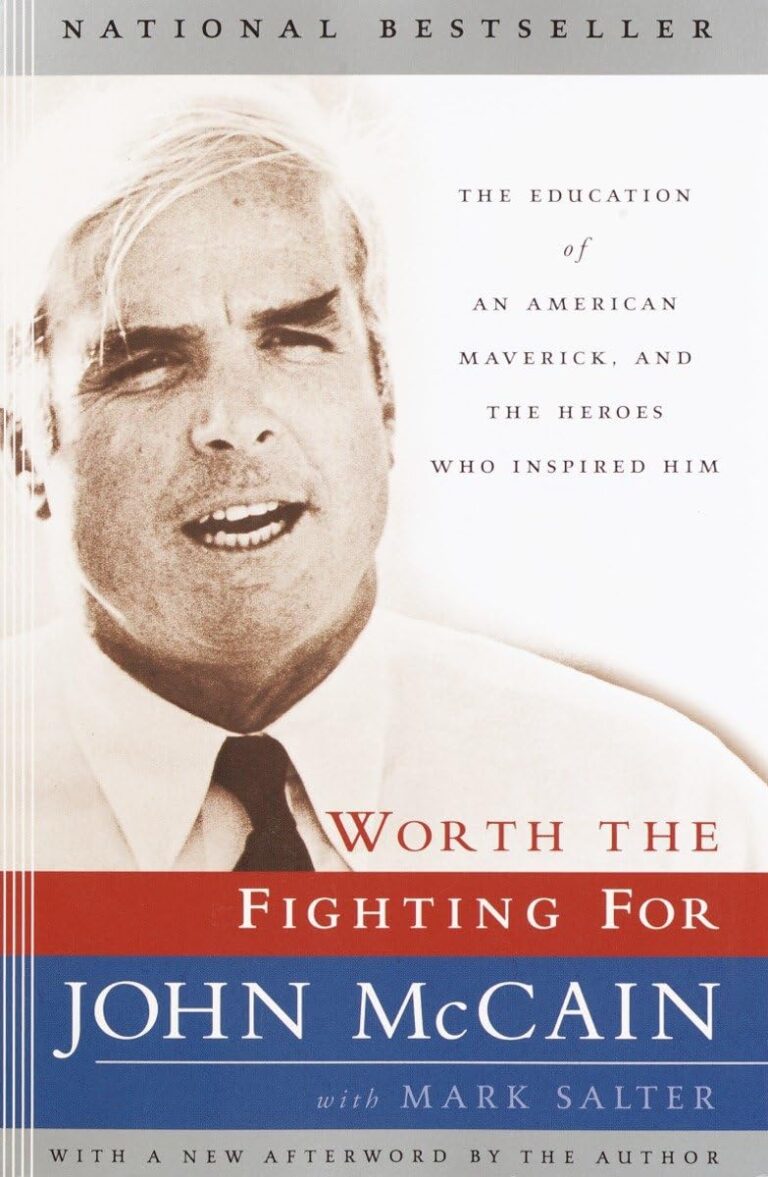This week, I had the rewarding experience of completing Horst Schulze’s insightful book, Excellence Wins: A No-Nonsense Guide to Becoming the Best in a World of Compromise. As the co-founder and former president of the Ritz-Carlton Hotel Company, Schulze is a legend in the hospitality industry. His career is a testament to how an unwavering commitment to excellence in service can build a world-class brand. Schulze’s philosophy of putting the customer at the center of everything, while empowering employees to deliver extraordinary service, deeply resonates with the mission of public institutions as well, including my own work at the Ministry of Trade and Tourism of the Republic of Somaliland. This book delivers valuable insights for leaders and organizations striving to achieve excellence, both in the private sector and public service.
What struck me about Excellence Wins is how it reorients traditional notions of customer service. Schulze makes a bold departure from the common frameworks that start with the customer and work backward to refine processes. Instead, he focuses first on employees, creating an environment where service excellence becomes a natural byproduct of empowered and motivated staff. The principle he advocates—“Ladies and gentlemen serving ladies and gentlemen”—is a simple yet profound mantra that has shaped Ritz-Carlton’s reputation as one of the best customer service organizations in the world.
For Schulze, excellence is not merely about resolving customer complaints. Rather, it’s about embedding service into every touchpoint of the customer experience, starting from a warm welcome, fulfilling their needs, and ending with a courteous goodbye. This idea translates seamlessly into my work at the Ministry of Trade and Tourism, where we aim to deliver timely and efficient services to business owners, entrepreneurs, and taxpayers. Just like in the private sector, our focus is to ensure that each interaction is meaningful, and that citizens feel valued and supported.
Schulze’s philosophy of leadership is one of the key takeaways from the book. He champions the concept of servant leadership, arguing that great leaders anticipate and meet the needs of both their employees and their customers. This leadership style empowers employees to take ownership of their roles, instilling a sense of pride in the work they do. As Schulze points out, leadership is about “conscious decision-making” and setting a clear destination. A leader’s responsibility is to consistently point towards that destination, remove any barriers hindering progress, and hold everyone accountable for achieving it.
This people-centered leadership approach resonates deeply in the context of public service. Whether in the private sector or government, the ability to inspire and enable staff to perform at their best is critical to organizational success. At the Ministry of Trade and Tourism, we strive to create an environment where staff are empowered to support business owners and entrepreneurs, fostering growth and development across the country. Schulze’s argument that customer service begins with the employees is a reminder that when employees feel supported and engaged, the results will inevitably reflect in the level of service delivered to the public.
In Excellence Wins, Schulze emphasizes the importance of aligning every process and interaction to the organization’s mission and vision. He makes it clear that vision and mission statements must be more than just words on a wall—they should actively inform every decision and process within the organization. This level of alignment ensures that each touchpoint, from the frontlines to the back office, is designed to further the organization’s overall goals.
In the public sector, this lesson is particularly relevant. At the Ministry of Trade and Tourism, our vision is to create a conducive environment for economic growth and development, supporting businesses and fostering investment. Every process, from business registration to licensing and regulatory oversight, must align with this vision. Schulze’s insistence that the culture and processes must work hand in hand to further the mission has inspired me to reevaluate how we can continuously improve our service delivery, ensuring that we not only meet but exceed the expectations of our business community.
- Employee Empowerment Drives Excellence: Schulze’s approach begins with employees, stressing that empowered staff lead to better customer experiences. This philosophy can be adapted to government institutions, where fostering an engaged workforce can enhance service delivery to the public. Empowering staff with the tools and autonomy to solve problems and meet the needs of business owners ensures that we serve them with excellence.
- Customer-Centric Service: One of the most powerful insights in the book is Schulze’s three-step formula for excellent customer service: a great welcome, complying with the customer’s wishes, and a sincere goodbye. Applying this in a public service context translates into making every interaction with the government seamless—from the first point of contact to the conclusion of services. For the Ministry of Trade and Tourism, this means ensuring business owners and taxpayers feel supported from the moment they seek assistance until their needs are fully addressed.
- Servant Leadership: Schulze’s advocacy for servant leadership is particularly valuable for leaders in both the private and public sectors. A servant leader creates conditions for their team to succeed, removes obstacles, and ensures that everyone is working towards the same goal. In the public service, this means not only managing staff but also being a facilitator who helps teams achieve their best, ensuring that public services are delivered efficiently and with care.
Throughout the book, Schulze offers numerous pearls of wisdom that are both memorable and applicable in a range of industries. Here are a few that stood out:
- “Customer service isn’t just for those who face the public. It also extends to people inside an organization who deal with each other.”This quote reminds us that the internal culture of service within an organization affects the external customer experience. If employees support each other and work together harmoniously, that spirit of cooperation will ultimately benefit the public or customer.
- “There is a difference between inspection and measurement. Inspection means you’re looking over someone’s shoulder, trying to catch them messing up. Measurement means taking samples to determine if you and the people you’ve chosen for your organization are fulfilling your overall vision — and if not, how to get closer to the goal in the future.”Schulze’s distinction between inspection and measurement is crucial for leaders. It encourages leaders to move away from micromanaging and focus instead on measuring progress toward long-term goals.
Excellence Wins is not just a business book—it is a manifesto for anyone who aspires to lead with excellence and create lasting value. Schulze’s no-nonsense approach to customer service and leadership offers practical advice that transcends industries. His lessons are as relevant to government institutions like the Ministry of Trade and Tourism as they are to world-renowned luxury hotel chains. By focusing on excellence in every aspect—from employee engagement to customer experience—Schulze demonstrates that the pursuit of excellence is not just an option; it is the key to long-term success in any organization.
For anyone in a leadership position, whether in business or government, Excellence Wins is a must-read. Its timeless principles serve as a guide to achieving greatness in a world that often settles for mediocrity.



